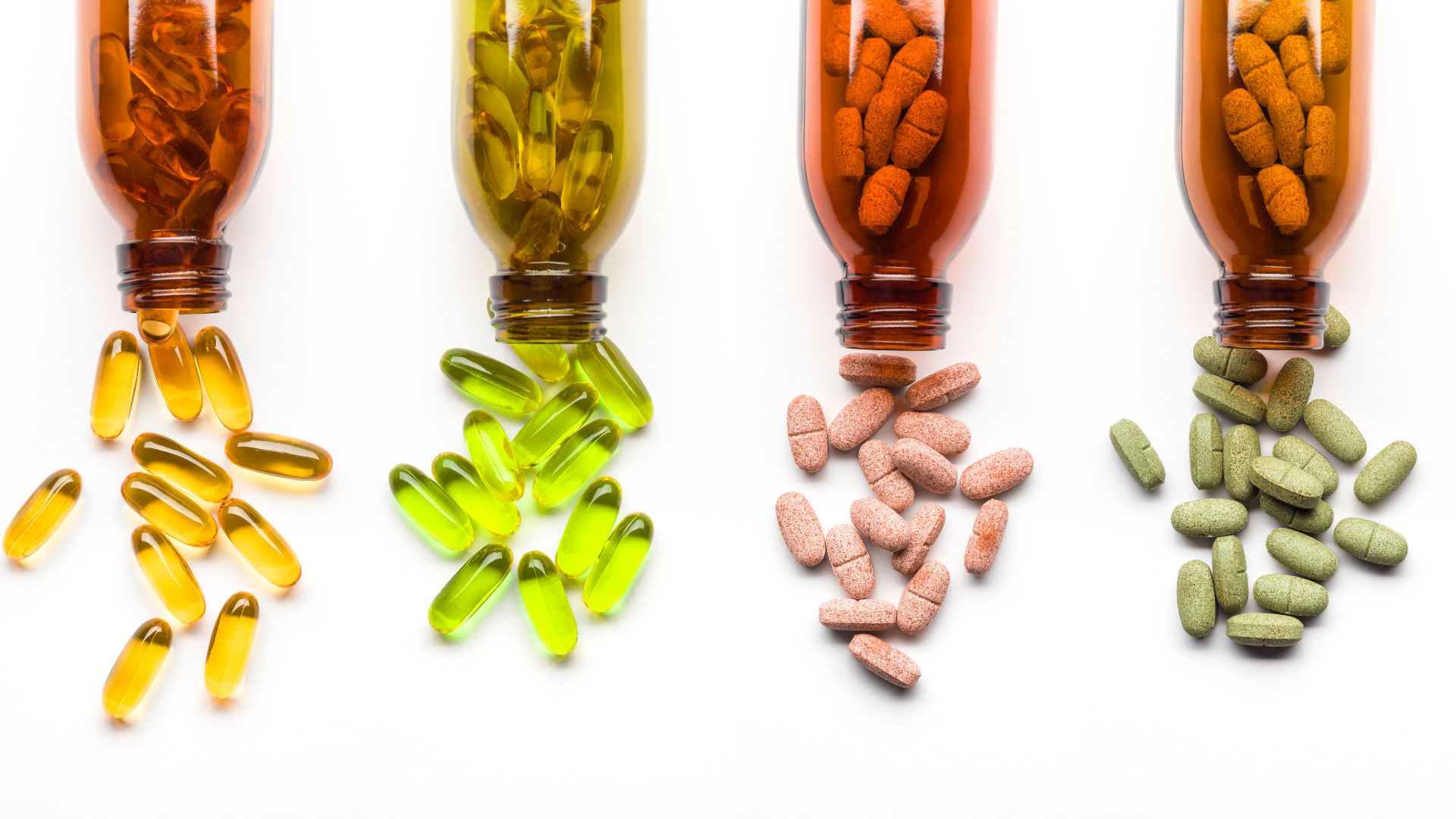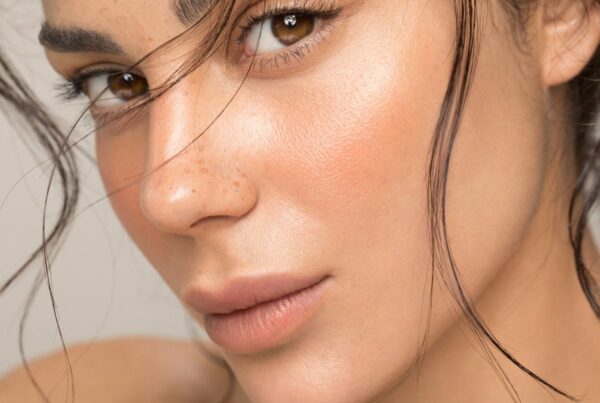Table of Contents
Supplements That Will Give Your Skin a Natural Boost
We all crave that radiant, healthy glow – the kind that makes you look effortlessly beautiful and feel confident in your own skin. While a consistent skincare routine is crucial, sometimes achieving this goal requires a little extra support from within. This is where supplements can become your secret weapon.
This article dives into the world of supplements that can significantly improve your skin’s health. We’ll explore how these powerhouses work, the benefits they offer for various skin concerns, and how to choose the right ones for your unique needs. Remember, supplements are not a magic bullet, but rather a valuable addition to your overall approach to healthy skin.
Essential Fatty Acids: The Building Blocks of Hydration
Essential fatty acids (EFAs), particularly omega-3s and omega-6s, are crucial for maintaining healthy skin. These fats act as the building blocks for your skin’s cell membranes, keeping them plump and hydrated. They also play a role in reducing inflammation, which can worsen conditions like acne and rosacea.
The best sources of EFAs are fatty fish like salmon, mackerel, and sardines. However, if you don’t eat enough fish, supplements can bridge the gap. Look for a high-quality fish oil supplement rich in EPA and DHA, the two most beneficial omega-3s for skin health.
Vitamin A: The Anti-Aging Arsenal
Vitamin A is a powerhouse for cell regeneration, meaning it helps your skin shed old, damaged cells and replace them with fresh, healthy ones. This translates to a reduction in fine lines and wrinkles, while also promoting a more even skin tone. Vitamin A also plays a role in regulating sebum production, making it beneficial for those struggling with oily skin or acne.
However, be mindful of vitamin A dosage. While it offers incredible benefits, excessive intake can lead to side effects. Always consult your doctor before starting any vitamin A supplement, and opt for a safe form like beta-carotene, which your body converts to vitamin A as needed.
Vitamin C: The Antioxidant Shield
Vitamin C is a well-known antioxidant, protecting your skin from free radical damage caused by environmental factors like UV rays and pollution. Free radicals break down collagen, the protein responsible for skin’s elasticity and firmness. By neutralizing these free radicals, vitamin C helps prevent premature aging and keeps your skin looking youthful.
Vitamin C also plays a crucial role in collagen production, further enhancing skin’s firmness and reducing the appearance of wrinkles. Citrus fruits and berries are excellent dietary sources of vitamin C, but supplements can ensure you’re getting the recommended daily intake.
Vitamin E: Nature’s Sunscreen Booster
Another potent antioxidant, vitamin E, works alongside vitamin C to shield your skin from sun damage. It also helps repair existing damage from UV rays, potentially minimizing the appearance of sunspots and hyperpigmentation. Additionally, vitamin E boasts anti-inflammatory properties, which can be beneficial for those with conditions like eczema or psoriasis.
While many nuts and seeds contain vitamin E, supplementation can be a convenient way to ensure you’re getting enough, especially if you don’t consume these foods regularly. Look for a natural form of vitamin E, like d-alpha-tocopherol, for optimal absorption.
Zinc: The Ally Against Acne
Zinc is a mineral that plays a vital role in regulating sebum production and reducing inflammation. This makes it a valuable ally in the fight against acne. Zinc helps keep pores clear and minimizes breakouts by controlling oil production. Additionally, its anti-inflammatory properties can soothe existing acne lesions and promote faster healing.
While oysters, pumpkin seeds, and chickpeas are good sources of zinc, supplementation can be particularly beneficial for those with persistent acne. However, be mindful of dosage, as too much zinc can have adverse effects. Consult your doctor to determine the appropriate dosage for your needs.

Probiotics: Balancing Your Gut for Glowing Skin
The connection between your gut and your skin is becoming increasingly understood. Probiotics, the live bacteria that reside in your gut, play a crucial role in maintaining a healthy gut microbiome. When your gut microbiome is balanced, it can positively impact your skin health.
Studies suggest that probiotics can help improve skin conditions like eczema, psoriasis, and even acne. They may also contribute to overall skin health by boosting the immune system and reducing inflammation. While fermented foods like yogurt and kimchi are good sources of probiotics, supplementation can provide a broader range of beneficial bacteria strains.
Biotin: Strengthening the Beauty Barrier
Biotin, also known as vitamin B7, plays a role in maintaining the health of your hair, skin, and nails. It helps support the production of keratin, a protein that forms the foundation of your skin’s outer layer. A biotin deficiency can manifest as dry, flaky skin, brittle nails, and hair loss.
While biotin can be found in eggs, nuts, and avocados, supplementation can be beneficial for those with a deficiency or those experiencing hair and skin concerns. However, research on the direct impact of biotin on skin health is ongoing.
Choosing the Right Supplements for You
With so many options available, choosing the right supplements for your skin can feel overwhelming. Here are some key things to keep in mind:
- Consult your doctor: Before starting any new supplement, discuss it with your doctor. They can assess your individual needs and potential interactions with any medications you’re taking.
- Focus on quality: Opt for high-quality supplements from reputable brands. Look for third-party certifications like USP (United States Pharmacopeia) or NSF International, which ensure purity and potency.
- Consider dosage: Don’t exceed the recommended dosage on the supplement label. More isn’t always better, and exceeding the recommended amount can lead to side effects.
- Consistency is key: Supplements work best when taken consistently. Aim for daily intake as directed on the label.
- Be patient: It may take several weeks or even months to see noticeable improvements in your skin. Consistency is key!
Food First, Supplements Second
Remember, supplements are meant to complement a healthy diet, not replace it. Prioritize a well-balanced diet rich in fruits, vegetables, whole grains, and lean protein to provide your skin with the essential nutrients it needs to thrive.
Conclusion: A Holistic Approach to Glowing Skin
Achieving healthy, radiant skin is a holistic endeavor. By combining a consistent skincare routine, a healthy diet, and the right supplements for your needs, you can truly unlock your skin’s natural potential. Remember, consistency and patience are key! With the right approach, you can achieve a healthy, radiant glow that reflects your inner and outer beauty.










